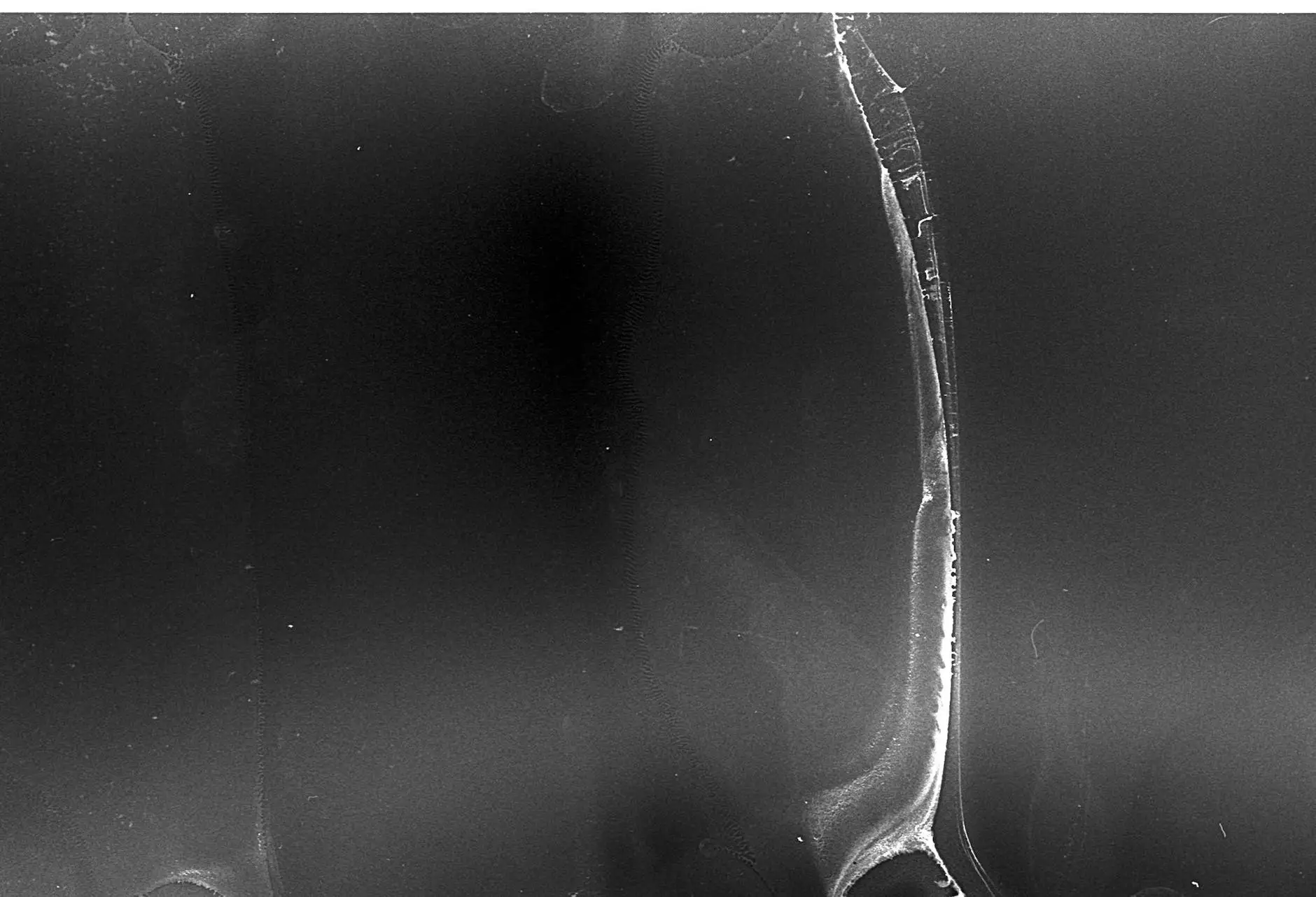Fusion Vs. Disc Replacement: What You Need to Know
Orthopedic Surgery
Welcome to Bowling Orthopaedics, where we provide you with in-depth information on the latest advancements in orthopaedic procedures. In this article, we will discuss Fusion Vs. Disc Replacement and help you understand the differences, pros, and cons of each procedure.
The Importance of Spinal Surgery
When it comes to spinal conditions and injuries, people often require surgical intervention to alleviate pain, improve mobility, and restore quality of life. Two common procedures for treating spinal conditions are Fusion and Disc Replacement. While both aim to address spinal issues, there are significant differences between the two.
Fusion: A Traditional Approach
Fusion is a well-established surgical procedure used to treat various spinal conditions, including degenerative disc disease, spinal stenosis, and spinal fractures. During Fusion surgery, the surgeon fuses two adjacent vertebrae together to immobilize the affected spinal segment. This fusion limits movement, stabilizes the spine, and relieves pain caused by the affected vertebrae.
Although Fusion surgery is highly effective in stabilizing the spine, it can lead to limited mobility and increased stress on neighboring vertebrae. Additionally, the recovery period for Fusion surgery can be longer compared to other procedures due to the extensive healing and integration process that follows.
Disc Replacement: An Innovative Alternative
Disc Replacement is a relatively new and innovative procedure designed to address similar spinal conditions as Fusion surgery. However, unlike Fusion, Disc Replacement allows for preservation of vertebral motion. This procedure involves removing the damaged or degenerated disc and replacing it with an artificial disc implant, which aims to replicate the natural function of the original disc.
One of the main advantages of Disc Replacement is that it maintains flexibility and natural movement in the affected spinal segment. This may result in reduced stress on the adjacent discs and potentially minimize the chances of future spinal issues. Recovery time for Disc Replacement is usually shorter compared to Fusion, allowing patients to return to their regular activities sooner.
Key Factors to Consider
Before considering either Fusion or Disc Replacement surgery, it is essential to consult with a qualified orthopaedic surgeon who specializes in spinal procedures. They will evaluate your specific condition and determine the most appropriate treatment options for you. Factors such as the severity of the spinal condition, overall health, and lifestyle should be taken into account when deciding between Fusion and Disc Replacement.
The Future of Spinal Surgery
As advancements in medical technology continue to evolve, it is expected that both Fusion and Disc Replacement procedures will become even more refined. Ongoing research and development aim to improve surgical outcomes, reduce complications, and enhance patient satisfaction.
Conclusion
In summary, Fusion and Disc Replacement are two viable options for addressing spinal conditions, each with its own benefits and considerations. Fusion provides stability but limits mobility, while Disc Replacement better preserves natural movement but may not be suitable for all patients. Consultation with a knowledgeable orthopaedic surgeon is essential to determine the right approach for your specific needs. Trust Bowling Orthopaedics to guide you through the decision-making process and provide you with the highest quality care.










